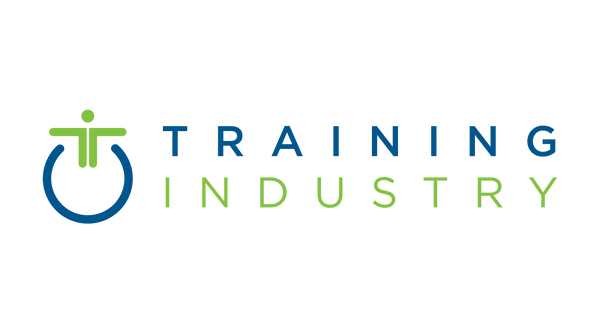Updating 70-20-10 for the 21st Century
-
Description
- What You’ll Learn
- Report Specifics
- Download the Preview
- The optimal balance between formal, social, and on-the-job learning.
- International data on the use of the 70-20-10 model.
- The difference between learning on the job and training.
- The original OSF (on-the-job, social, and formal training) ratio compared to the modern workflow.
What You’ll Learn
What You'll Learn
This report will provide updated findings and insights on:
Why We Did the Report
The 70-20-10 model for learning and development (L&D) is commonly used within the training profession as a general guideline for organizations seeking to maximize effectiveness and balance resources and effort. This report seeks to update the concept to the present day from its inception over 30 years ago, by evaluating data on how employees learn at work. Based on survey results from 1,569 working professionals, this report can help you structure your training programs to meet the needs of your organization.
Why it Matters
The landscape of the training industry is changing quickly, thanks to evolving learner expectations and preferences as well as technological advances. To stay relevant and impactful, the learning organization must modernize, addressing the most pressing challenges their business faces and capitalizing on the often-large investments they make in training.
Report Specifics
Report Specifics
Number of Pages: 40 pages
Authors: Training Industry, Inc. research team
Format: PDF
Language: EnglishDownload the Preview

